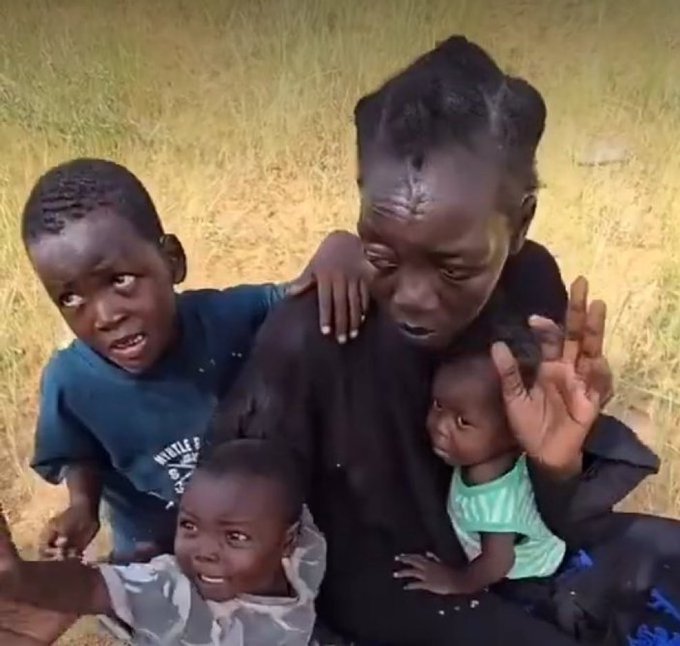Before you ask,
@christiefan915, yes, there are notable similarities between mass killings in Sudan (especially in Darfur amid the civil war) and those in Nigeria (mainly in the north-central and northeastern regions).
Both involve large-scale, targeted violence against civilians, often tied to ethnic or religious identity, leading to thousands of deaths, massive displacement, and cycles of impunity.
The violence is worsened by weak state control, armed non-state actors, and competition over resources, creating severe humanitarian crises.
Here are the key parallels, based on reports from human rights groups, the UN, and recent events:
- Ethnic and Communal Targeting of Civilians: In Sudan, Arab-led militias like the Rapid Support Forces (RSF, formerly Janjaweed) target non-Arab African groups such as the Masalit and Zaghawa. For example, during the fall of El Fasher in October 2025, RSF forces executed hundreds of civilians, including hospital patients and staff, in what the UN and Human Rights Watch called a continuation of the Darfur genocide.
In Nigeria, Muslim Fulani herder militias and groups like Boko Haram and ISWAP target Christian farming communities in states like Plateau and Benue. Attacks such as the June 2025 Yelwata massacre (over 160 killed) or the December 2023 Plateau killings (over 140 dead) involve gunmen burning villages and executing unarmed residents.
Similarity: Both feature deliberate identity-based targeting using terror tactics like summary executions and village raids to displace populations.
- Role of Armed Militias and Non-State Actors: In Sudan, paramilitary groups like the RSF, historically backed by the government, carry out most killings. In El Fasher, RSF fighters filmed executions while looting.
In Nigeria, Fulani militias, bandits, and jihadist groups operate with near impunity, killing over 10,000 since 2023.
Similarity: Non-state armed groups dominate the violence, exploiting power vacuums. Governments in both countries have been accused of complicity or inaction, allowing militias to act as proxies in territorial or resource conflicts.
- Impunity and Government Failures: In Sudan, ICC arrest warrants (e.g., for Omar al-Bashir) remain unenforced, and arms continue to flow (e.g., from the UAE to RSF).
In Nigeria, authorities rarely prosecute attackers; Human Rights Watch notes no arrests in many major incidents from 2010–2023. Security forces often arrive too late.
Similarity: Systemic impunity—through delayed responses, lack of investigations, and political downplaying—fuels ongoing violence and erodes public trust.
- Scale, Displacement, and Humanitarian Impact: Sudan’s civil war (2023–present) has killed over 150,000 and displaced 12 million, with famine looming in Darfur. The El Fasher attack alone killed 1,500–2,000 in days.
Nigeria saw over 2,266 killed by insurgents and bandits in early 2025; farmer-herder clashes displaced 500,000 in Benue state since April 2025. Boko Haram’s insurgency has displaced over 2 million since 2009.
Similarity: Both create massive humanitarian crises with millions displaced into camps or across borders, widespread hunger, and attacks on aid workers and medical facilities. Resource scarcity (land and water) drives much of the conflict.
These patterns reflect broader challenges in fragile states across West and Central Africa. While Sudan’s violence is more tied to a national civil war and Nigeria’s is decentralized across insurgencies and communal clashes, both highlight the urgent need for accountability, stronger governance, and international support to prevent further escalation.
Now,
@christiefan915, make some wild claims about President Trump and be sure to cite some leftist opinion pieces.

